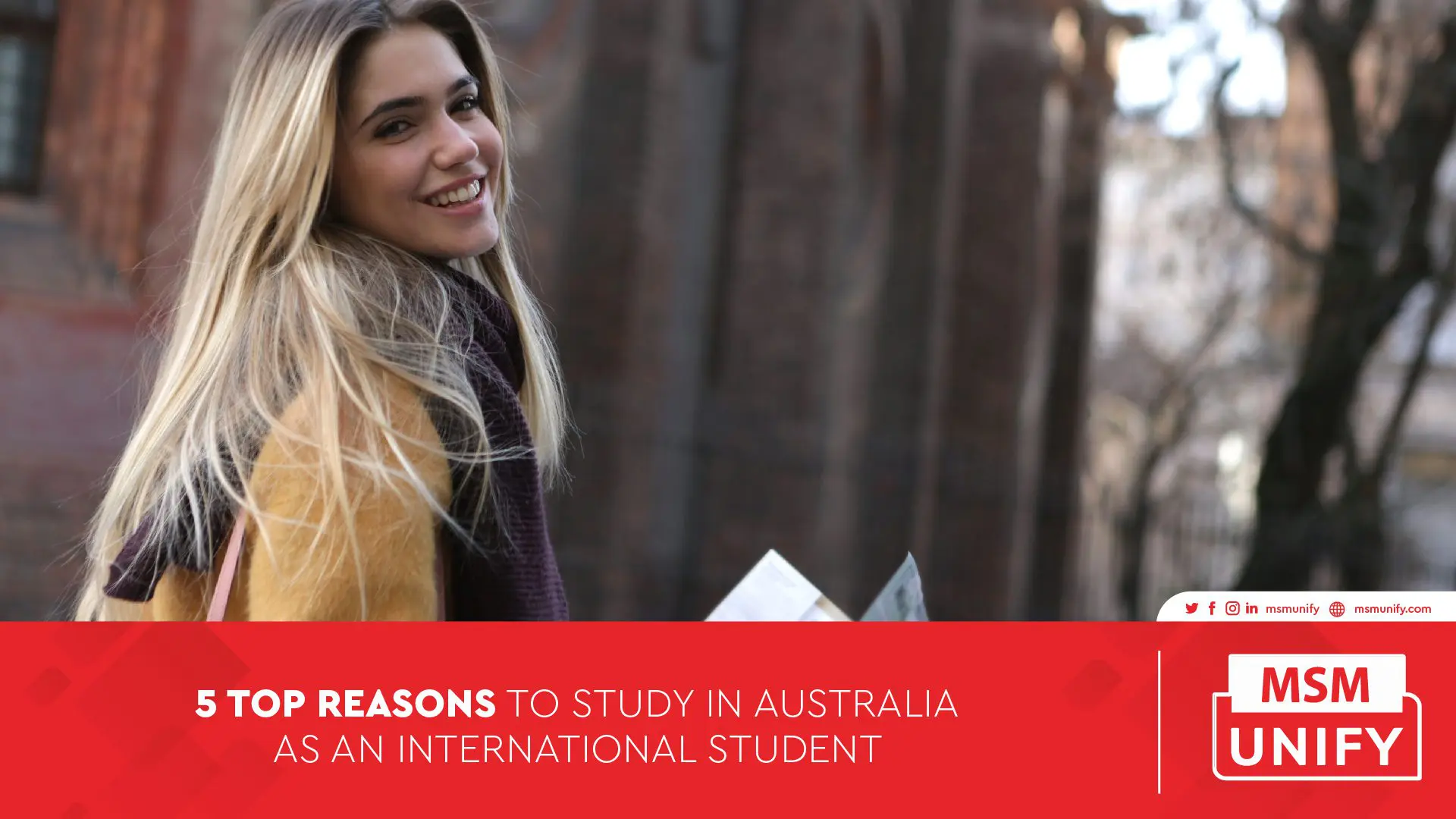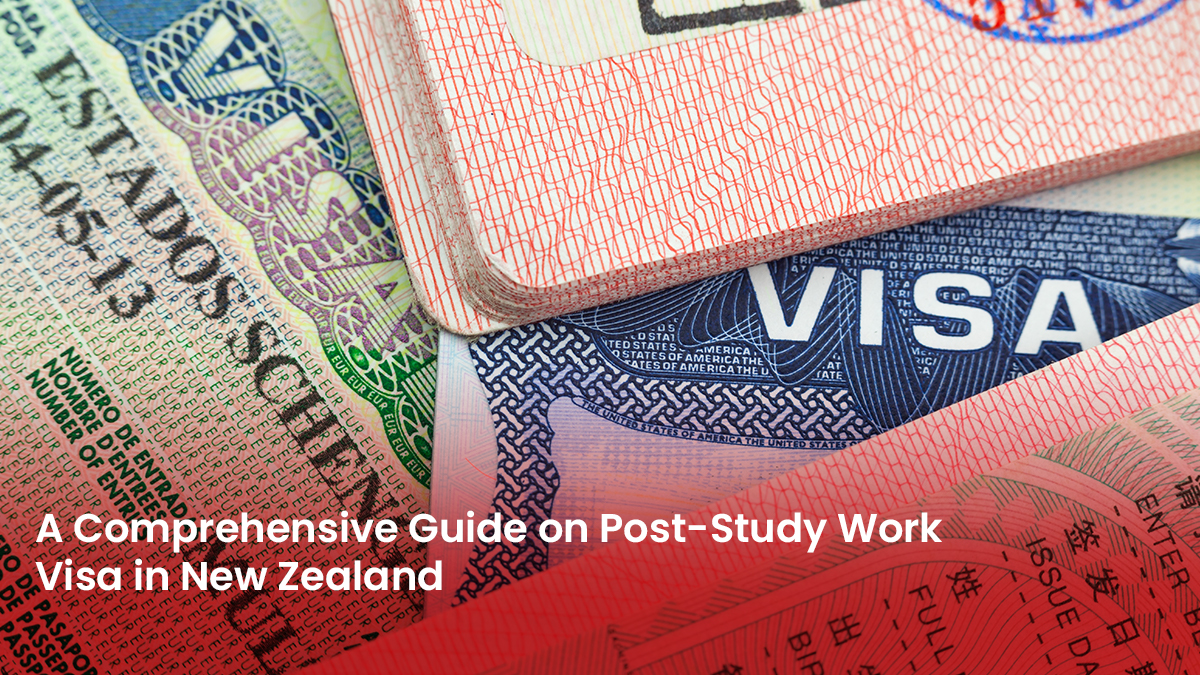Australia has wonderful weather, a laid-back lifestyle, and a wealth of recreational opportunities. The landscape spans from enormous green cliffs in the Blue Mountains to desert giants at Uluru. Who doesn’t love it, right?
For international students, Australia is a friendly and one of the top study destination. It makes perfect sense that it is the third most popular study abroad location among international students. Here are five reasons to study in Australia as an international student. Here are several factors that make Australia an attractive study-abroad location:
Top 5 Reasons Why You Should Study in Australia
Why You Should Study in Australia
There are endless benefits to studying abroad in Australia. Australia offers everything to its international students. Here are five reasons to study in Australia and pursue an Australian study abroad program:
1. Quality education system
International students are attracted to Australia’s excellent education system. This is the top reason for the large influx of international student admissions in the country. Students have a large selection of more than 1,000 universities and 22,000 programs from which to choose.
Australia provides a high-caliber education and frequently appears in international rankings, despite having a relatively limited number of universities. In the most recent QS World University Rankings, seven global Australian universities were ranked among the top 100, receiving praise for factors like academic standing, employer reputation, and percentage of international students. The Times Higher Education Rankings also list some Australian universities.
2. Countless scholarships
In Australia, there are several scholarships offered by the government and educational institutions to international students. Scholarships are available from many universities, including all of the major colleges and universities and even organizations. Some Australian scholarships for international students are fully funded, making their studies in Australia absolutely free.
3. Diverse culture and location
With a sizable number of international students, Australia is one of the countries with the most diverse cultures in the world. As a result, you will study alongside international students and have access to a lot of home comforts, such as cinemas, groceries, and restaurants. According to the QS Best Student Cities ranking, Australia takes pride in being home to some of the top student cities. Melbourne, came in 5th, while Sydney placed 9th.
Australia seems to have it all, including awesome beaches, stunning mountains, and beautiful landscapes. While studying there, you may get the opportunity to see some of Australia’s unusual plants and one-of-a-kind animals. Australia also values the environment, which draws many international students to explore the sustainability of ecology.
4. Plenty work opportunities
Australia has a lot to offer, from the part-time jobs that students can take on while they are in school to the employment options there once they graduate. In Australia, international students have the opportunity to work up to 40 hours per week, which will enable them to fund their education as well as social outings with friends and quick getaways during vacations.
Meanwhile, the post-study work visa in Australia gives students the option to remain in Australia after graduation and find employment. Additionally, there are options like the Professional Year Program (PYP), which permits holders of degrees in engineering, accounting, and computer technology to obtain experience and guidance in an Australian business. You may be eligible for permanent residency by finishing a PYP.
5. Top living standards
Australia is currently ranked fifth in the world in terms of factors like purchasing power, security, healthcare, environment, climate and cost of living in Australia. Several publications rate Australia as one of the top countries in the world to study, praising its high standards of instruction, promising job opportunities, and an overall high degree of student contentment.
Australia may not be the most affordable country to study abroad. Nevertheless, given the high quality of education it provides, Australia is fairly reasonable in comparison to countries like the USA and the UK. Additionally, because the courses are shorter, fewer semesters are required to cover the costs.
Deciding to study and live in Australia as an international student? No doubt, Australia is a highly-suggested location for your collegiate journey. From its top-notch universities, quality research and instruction, stunning attractions, climate, culture, and even food, it is indeed an easy favorite.
Explore more about benefits of studying in Australia. Be prepared to take on a wonderful adventure by browsing our articles at MSM Unify overseas education consultancy.



























